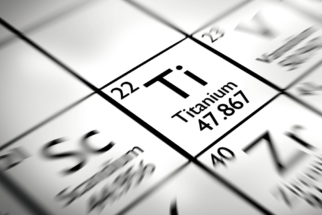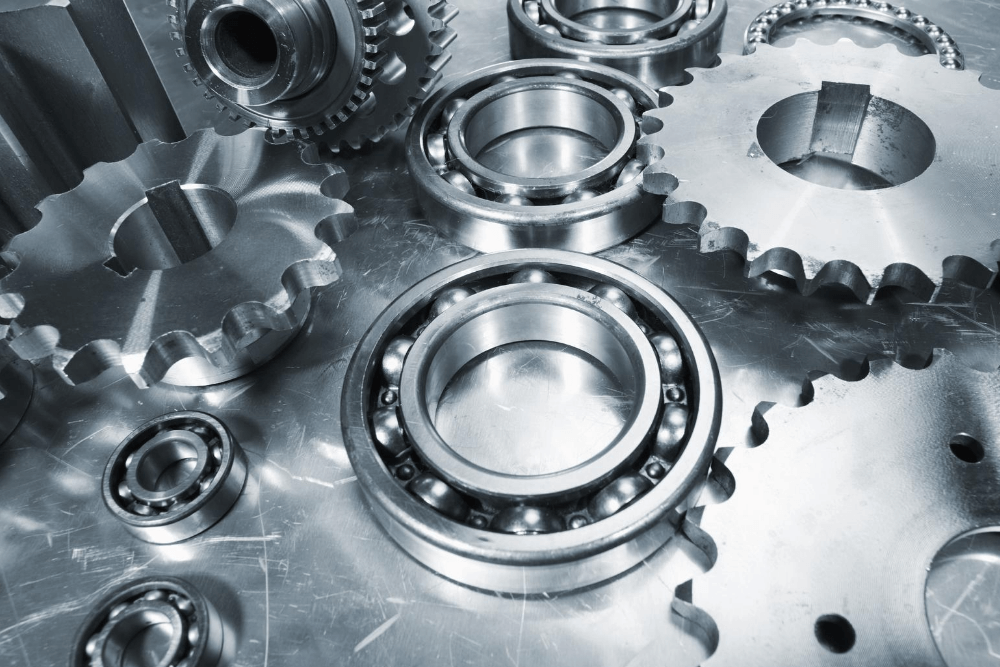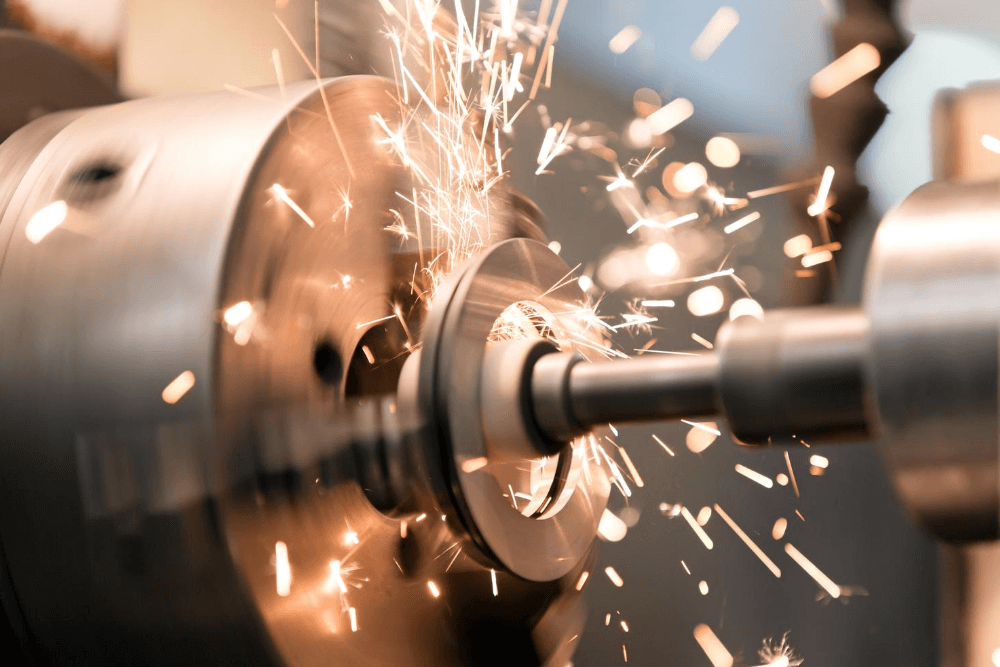
Titanium Advantages
Titanium.
It’s one of the most sought-after refractory metals in our repertoire. Frequently employed for a wide range of applications, across a broad spectrum of different industries – including industrial processes (such as chemical plants), aerospace and military, and the medical industry, to name just a few.
But why is it in such high demand? Here we outline six advantages of titanium, which may help to explain its popularity.
1. Resistance to corrosion
When exposed to air, a thin layer of oxide forms on the surface of titanium. This layer is very difficult for most materials to penetrate. As such, titanium demonstrates fantastic resistance to corrosion – and will not suffer adverse changes (i.e. pitting, cracking) due to corrosive substances.
Whether it’s used indoors or outdoors, it will last for many years – making it an excellent choice for buildings and marine applications, where it will be continuously exposed to seawater and rain.
2. Strength
One of the biggest advantages of titanium is its strength. Not only is it one of the strongest metals on the planet (rivalling even steel!), it also has the highest strength-to-density ratio of any metallic element on the periodic table. This makes it a popular option in many professions.
What’s more, as it has a low density, titanium is also incredibly lightweight.
To put this into perspective, titanium has a specific gravity of 4.5 – which is approximately 40% lighter than an equal amount of copper and 60% lighter than an equal amount of iron. This is one of the reasons why it’s often used in the aerospace industry and to create structural frames.

3. Non-toxic
Metals such as iron, steel and aluminium can all be toxic to humans.
By contrast, titanium is bio-compatible. It is completely non-toxic to both humans and animals (partially due to the fact that it’s resistant to corrosion) – and, as a result, can be safely implanted into the body without causing an adverse reaction. This is why titanium is commonly used within the medical industry (e.g. to permanently strengthen broken bones) and for dental implants.
4. Low thermal expansion
Titanium has a low coefficient of thermal expansion.
Essentially this means, compared to most other manufacturing materials, it will not expand and contract anywhere near as much under extreme temperatures. In fact, it expands approximately 50% less than steel, and therefore provides much greater structural stability.
This feature is especially useful if creating a superstructure that requires a rigid yet lightweight framework. It also makes titanium suitable for building applications where fire safety is paramount (e.g. skyscrapers).
5. High melting point
This is one of the key benefits of titanium. It demonstrates an exceptionally high melting point (around 1668°C) and, as such, is perfect for use in high-temperature applications. For example, it’s the metal of choice for foundries, turbine jet engines and even some satellites.
It’s worth noting, this advantage is enhanced due to the low thermal expansion mentioned above.

6. Excellent fabrication possibilities
Despite its strength, titanium is a relatively soft and ductile refractory metal. As such, it can be easily machined and fabricated to create a diverse range of metal parts and components. Due to its resistance to oxidisation, it can also be open-air and seam welded, without the need for any type of flux agent – and the weld zone will not require any form of additional protection.
Does titanium have any disadvantages?
Whilst titanium is a very useful product, with lots of benefits, there are a few disadvantages that you need to be aware of. For example, as it is considered rare, it can be a little more expensive than some of the other refractory metals available – so be sure to factor this into your budget.
It can also be quite difficult to cast (due to its strength) and has a low modulus of elasticity. This means it can be easily deformed by a relatively small force (i.e. low stress-to-strain ratio). But, it’s important to note, this issue can be overcome by using certain processing and fabrication methods.
Is titanium the right metal for me?
This depends on the nature of your application. Titanium has many advantages and useful properties. But to determine whether those properties are suitable for your project, be sure to consider each one in turn and compare and contrast these with other refractory metals.
To find out more about titanium, and whether it would be a logical solution for your industry, you’re always welcome to get in touch. Our team has excellent knowledge of titanium and its main benefits, and will happily answer your questions and advise on whether it’s the right choice for you.
Simply give us a call on 01268 820409 to discuss your requirements. Or alternatively, send an email to sales@specialmetals.co.uk and we’ll respond to your enquiry as soon as possible.

Leave a response
Your email address will not be published. Please enter your name, email and a comment.
1 responses to this post
Pingback: How to Upgrade Your Isuzu D-Max Exhaust System – Lifestyle in Australia